














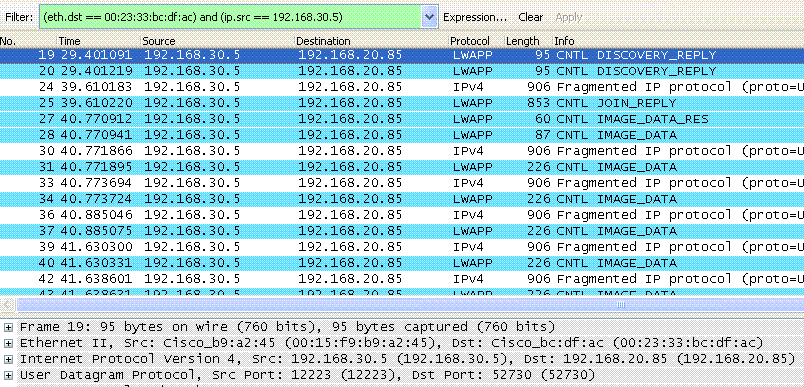







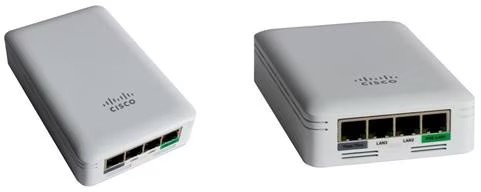

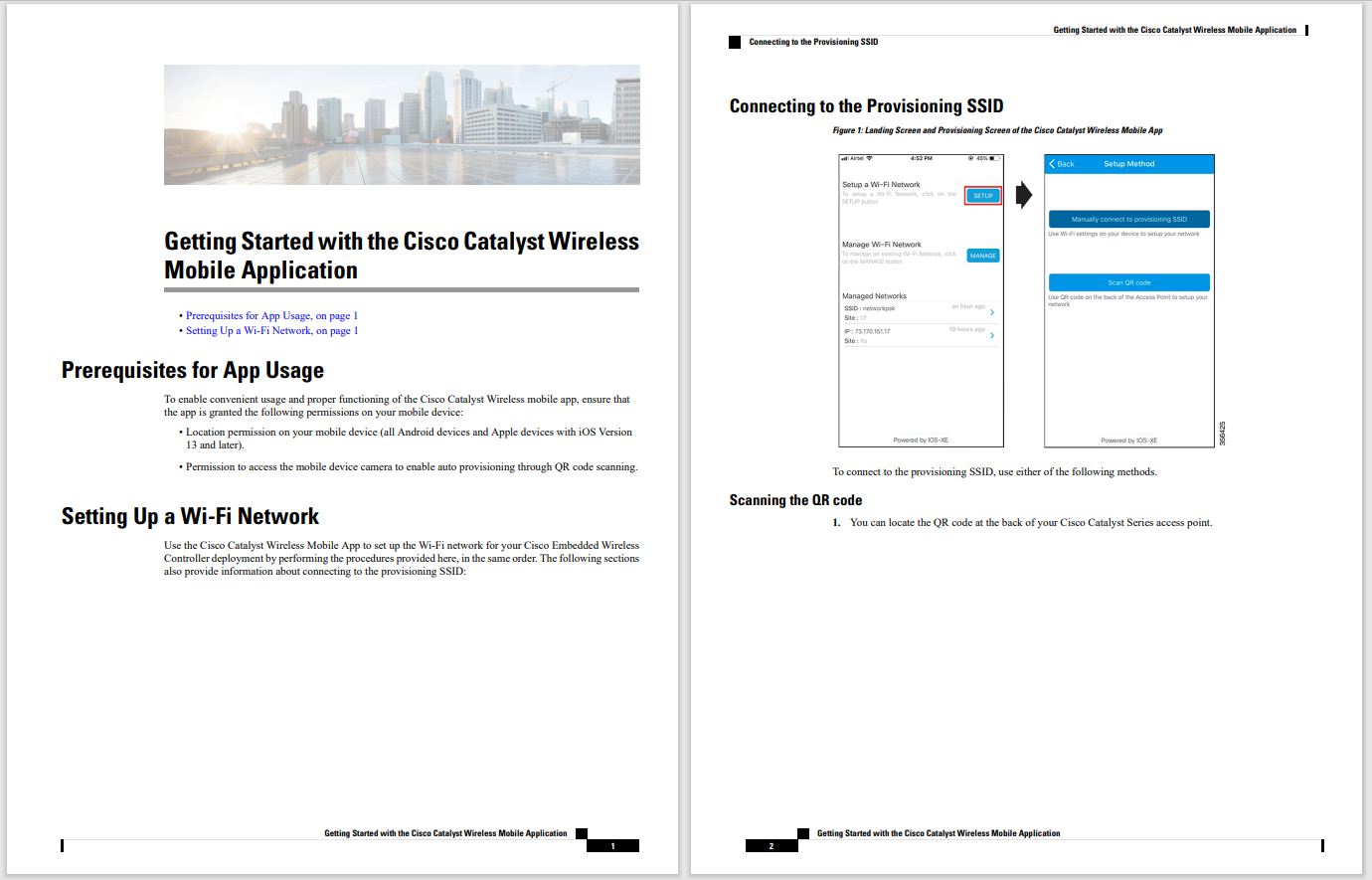

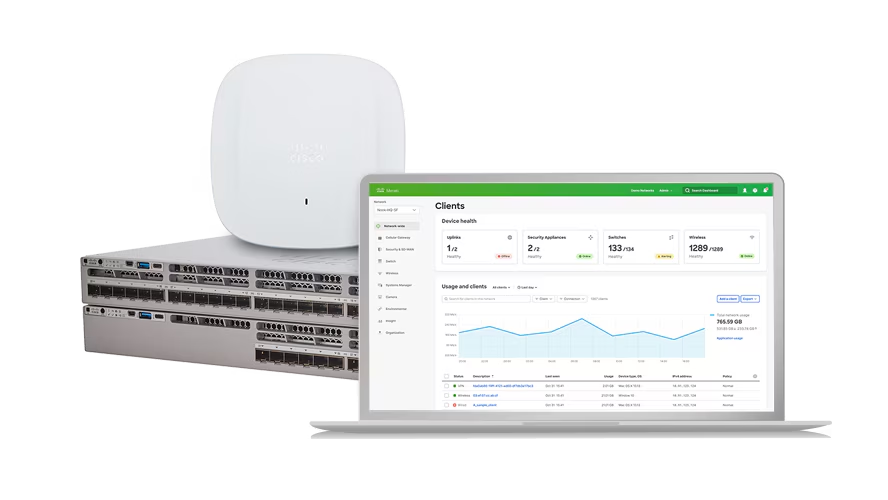

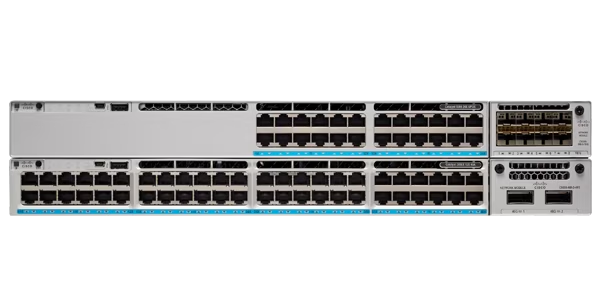
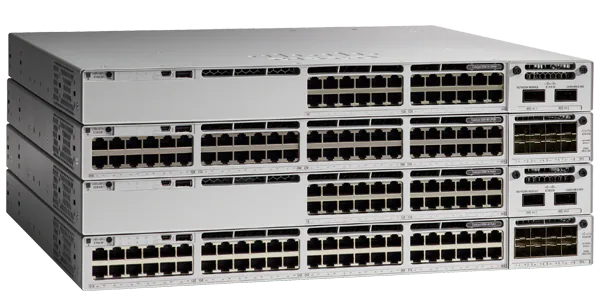

 SrdjanPav/Getty Images
SrdjanPav/Getty Images OpenSUSE, SUSE's community Linux distribution family, is at a crossroads. With SUSE transitioning from its traditional enterprise distribution to its Adaptable Linux Platform (ALP) container approach, openSUSE Leap's stable base is set to disappear. Now what?
First, a little background. OpenSUSE Leap is a fixed-release Linux distro with new releases every few years -- it's a hybrid distribution, combining elements from SUSE Linux Enterprise (SLE) and newer packages. Leap is designed to offer a stable and reliable desktop-oriented experience. On the other hand, OpenSUSE Tumbleweed is a rolling release that is constantly updated.
Also: The best Linux distros for beginners in 2023
Here's the problem: The container-based ALP is designed for server workloads, containers, and confidential computing, not the desktop. While you can do a container Linux-based desktop -- Fedora Silverblue is one example -- that's not where the openSUSE community is headed.
A recent survey of openSUSE developers found that programmers are conflicted about where openSUSE Leap should go from here. In an analysis of the survey, SUSE software architect Richard Brown noted that there "are proposals to build two very different distributions to replace Leap."
These two main contenders are:
Linarite: This would be a traditional release desktop distribution, albeit with a potentially smaller package selection than Leap. It's expected to be based on a SUSE project known as "Granite," which is believed to be the ALP product closest to a traditional enterprise server distribution.
Slowroll: This would be a rolling distribution derived from openSUSE Tumbleweed. The idea is to provide a more stable version of Tumbleweed by only incorporating packages that have proven their stability over time.
According to Brown, "Our users seem to overwhelmingly favor rolling releases [with] 51%-64% expressing a preference for either Tumbleweed or Slowroll. ... In light of these results, it is my suggestion to the community that if we are to build something to replace Leap, then the option we should focus on is Slowroll."
Also: This beautiful Linux distribution makes it easy to migrate from any OS
That may be easier said than done. As Brown noted, Leap had only 61 contributors in its most recent release. Then, thanks to borrowing from the SLE codebase, the work level wasn't that high. Going forward, Slowroll or Linarite would require much more packaging and maintenance effort. Will there be enough developers to get the new releases out the door? Good question.
As Brown observed, "The survey clearly shows a tendency for folk to believe openSUSE should do things. which they themselves are not willing to contribute to." Furthermore, Brown emphasized that the replacement should cater primarily to desktop use cases. With SUSE's ALP products catering to enterprise server needs, it would be redundant for openSUSE to spread its resources thin by trying to cater to both server and desktop environments.
Brown continued: "For a Leap replacement to be viable, both to be made and then supported for years, I'm convinced we need a significant increase in folk rolling up their sleeves and working towards it."
Will they? Over the years, popular Linux distros have died from a lack of contributors.
Also: Want to save your aging computer? Try these 5 Linux distributions
As Jonathan Corbet, Linux kernel developer and LWN.net editor-in-chief, wrote: "[this] is clearly an important decision point for one of the oldest existing Linux distributions. Perhaps openSUSE's biggest problem, though, is one that only appeared at the edges of this conversation: How can the project attract more contributors so that its options might be less limited in the future?"
Stay tuned. The future of openSUSE Leap is uncertain. The community must decide if they'll rally resources and contributors to support any new direction. The ball is now in the community's court, and their decision will shape the future of one of the oldest Linux distributions.
 Etiquetas calientes:
negocio
Software de empresa
Etiquetas calientes:
negocio
Software de empresa